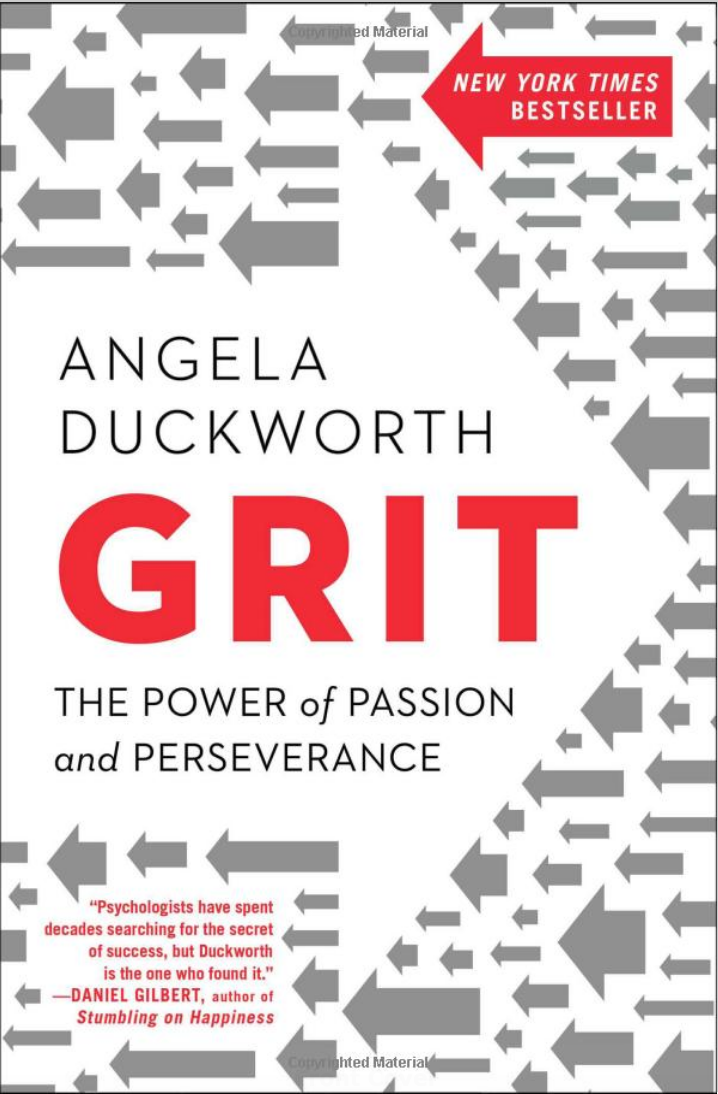Greatness and Grit: the payoff of deliberate practice
William Shakespeare articulated his theory of greatness more than 300 years ago:
“Some are born great, some achieve greatness, and some have greatness thrust upon them.”
Angela Duckworth focuses on the middle path in her book Grit: the power of passion and perseverance.
If you missed out on being born great and no one’s lining up to “thrust greatness upon” you, no worries. Duckworth and the experts she’s assembled argue that you can still excel.
“Greatness is many, many individual feats, and each of them is doable.”
That’s Dan Chambliss. He’s not just a sociologist, he’s also a swimmer. And he combined his two passions by doing in-depth research on how swimmers improve. When Duckworth spoke with him about the intersection of talent and persistence, he pointed her to the 19th Century German philosopher Friedrich Nietzsche‘s writing on “the cult of the genius”
“For if we think of genius as something magical, we are not obliged to compare ourselves and find ourselves lacking….To call someone ‘divine’ means: ‘here there is no need to compete.'”
Greatness: gift or endurance?
If you’re not the “best” at something—and I use the annoying quotation marks because unless you’re running a race or taking a Math exam, best really is a subjective judgment—if you’re not the “best,” should you just stop?
Nietzsche would call you a quitter. But, hey, he’s been dead for over 100 years, so who cares?
Greatness is attainable, Duckworth contends, if you have “grit.” But what is “grit”? Look at the subtitle of her book again: the power of passion and perseverance.
Perseverance has gotten all the ink; we Americans do like our so-called Protestant work ethic. And it’s even been quantified in Anders Ericsson’s so-called 10,000-hour rule. It’s an easy formula to believe in: we can tick the 10,000 hours off on our calendars. But you can’t just bang on a drum for 10,000 hours and expect to become Ringo Starr. (Actually, some music critics might argue that you can…) Ericsson specified that you have to engage in “deliberate practice”—setting new goals for yourself all the time, challenging yourself to make incremental improvements.
This isn’t the kind of thing they make movies about. As Duckworth writes:
“…the most dazzling human achievements are, in fact, the aggregate of countless individual elements, each of which is, in a sense, ordinary.”
A passion to improve
But who has the capacity to stick to something, through hours (maybe even 10,000 hours) of “ordinary” actions producing at best incremental gains?
That’s where the other word in Duckworth’s subtitle comes in—passion. Duckworth has professed to be surprised at how the “perseverance” part of her title has overshadowed the equally important element of passion.
You have to work hard. If you don’t enjoy what you’re doing, one hour can seem like 10,000—as any youngster who’s been forced to practice a musical instrument can tell you. (Or maybe that was just me.) But if you’re passionate about your pursuit, you hardly notice the time.
If you’re passionate about improvement, it’s easy to pile up the “countless individual elements,” the incremental gains that lead to greatness.